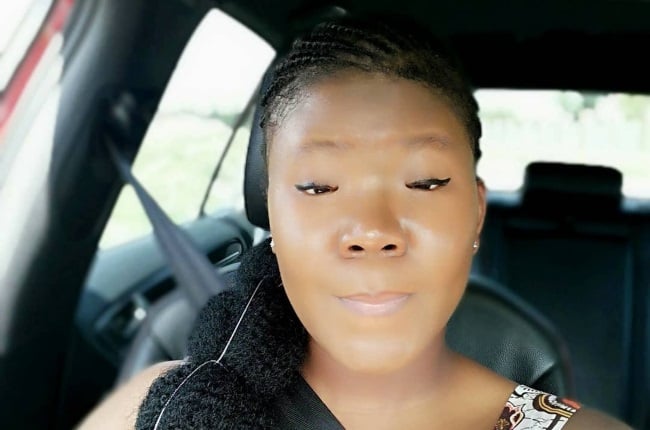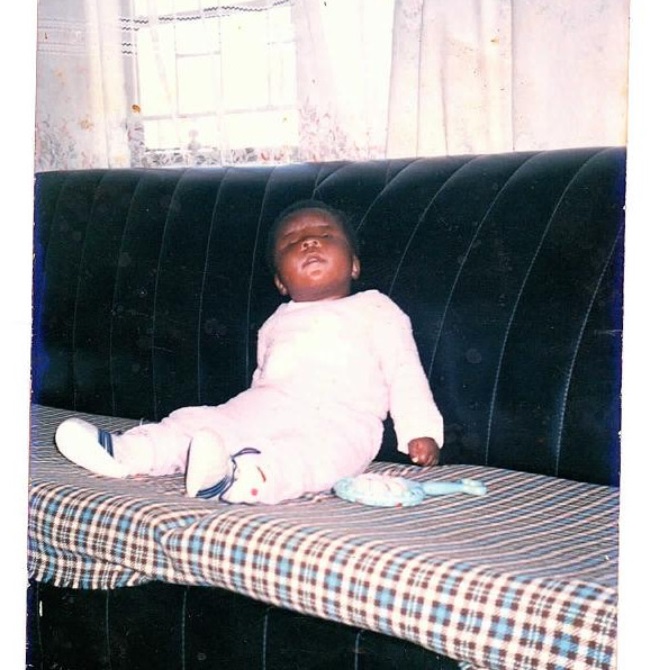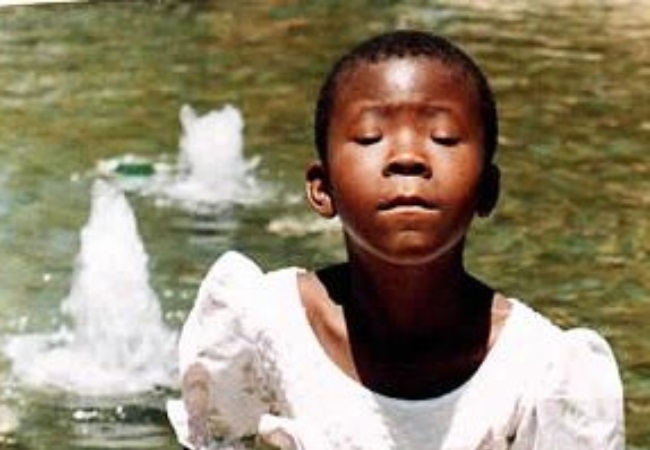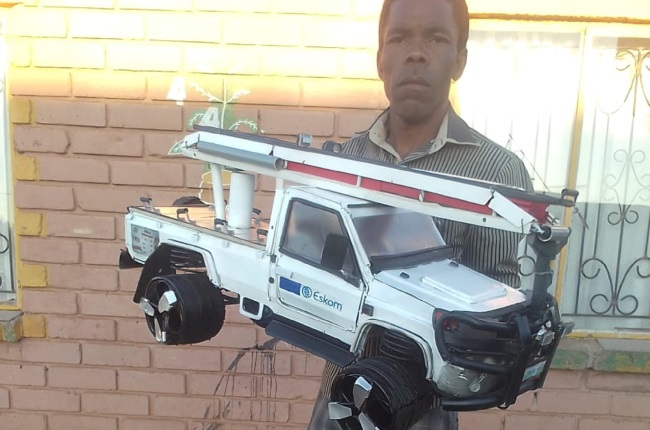
Everywhere she goes people stare at her. Some have even walked up to her to ask if she’s blind, but Zanele Dlamini doesn’t let the curiosity of strangers get her down. Instead, she’s celebrating her diversity. “We’re like everyone else – we just have different features,” she says.
Zanele was born with blepharophimosis, ptosis and epicanthus inversus syndrome (BPES), a rare genetic disorder that affects the eyelids and can cause infertility in women.
READ MORE | ‘She’s found her voice’: How this Joburg toddler is blossoming despite being born with a rare condition
Those who have BPES typically have narrow eyes, droopy eyelids, an upward fold of skin of the inner lower eyelids and widely set eyes. The condition has resulted in poor vision for Zanele from Bushbuckridge in Mpumalanga, who wears prescription glasses to see.
“When I was younger, I would tilt my head backwards so I could see,” she says. “It took me two weeks to open my eyes after I was born.”
Zanele and her three siblings inherited the condition from their father, Doitie Mokgope.
Growing up she was mercilessly bullied because of her condition. “From the time I was young I was told I don’t have the ideal features. I don’t know if society has painted a picture of what beauty is, but I was told I was ugly,” Zanele tells YOU.
At school, her classmates teased and taunted Zanele, who was forced to sit in the front of the class because of her poor eyesight. Her teachers were more understanding and would read out what was written on the board so she could follow the lessons.
Zanele was too afraid to tell anyone she was being bullied because she feared she’d be moved from a mainstream school to a school for children with special needs.
Things began to change once she started university. Zanele, a bright student, enrolled at a university in Johannesburg. By then, her dad had taken her to an optometrist for spectacles and she felt more confident on campus.
Zanele quickly started making friends at varsity. “I was doing electrical engineering and wouldn’t be there if I hadn’t passed maths and science well, so my classmates were more accepting.”
Still, others weren’t as understanding. Because of Zanele’s droopy lids, her classmates and lecturers would often assume she was napping in class. “One of the lecturers once threw a duster at me because he thought I was sleeping. People laughed and I felt so embarrassed,” she recalls. “Another time a lecturer made an example of something not ideal, not complimentary. He pointed at me and everyone laughed.”
Zanele expected to live a life of isolation, but that all changed when she met her husband, Skumbuzo. The couple have been together for 13 years and married for two years. When they got married, they knew they wanted to start a family, but Zanele and Skumbuzo battled to conceive.
Three years ago, the couple tried IVF but it was unsuccessful. Zanele spent months on the internet trying to learn why she was unable to conceive. This is when she stumbled upon her condition.
“It was the first time in my life where I saw images of people who had the same eyes as me,” Zanele says. “I was so happy. Instead of crying, I felt relief.”
After years of not knowing, she finally had a name for her condition. Though Zanele did not get the diagnosis confirmed by her doctor, her research has led her to believe she has type 1 and 2 BPES, which not only affects the eyelids but also involves premature ovarian insufficiency (POI), which occurs when the ovaries stop functioning normally before age 40. When this happens, your ovaries don't produce normal amounts of the oestrogen hormone, which can lead to infertility.
At 34, Zanele is considered too old for treatment, which includes eye surgery and hormone-replacement therapy. This is typically done when the sufferer is still a child.
READ MORE | Mom’s moving story: My daughter has a rare disease and will need transfusions for the rest of her life
Zanele and Skumbuzo (35) haven’t given up on having a child one day. For now, she’s relishing in the connections she’s made online with other people who also have BPES. The one thing she’s learnt from her research and support group, she says, is there needs to be more awareness on BPES.
“It’s funny how kids are born in hospitals with this condition, yet doctors know little about it,” she says. Zanele is sharing her story in the hopes it will educate and inform people about BPES.
EXTRA SOURCES: HEALTHLINE.COM, MAYOCLINIC, NCBI.NLM.NIH.GOV, MEDLINEPLUS.GOV AND RAREDISEASES.INFO.NIH.GOV




 Publications
Publications
 Partners
Partners




















